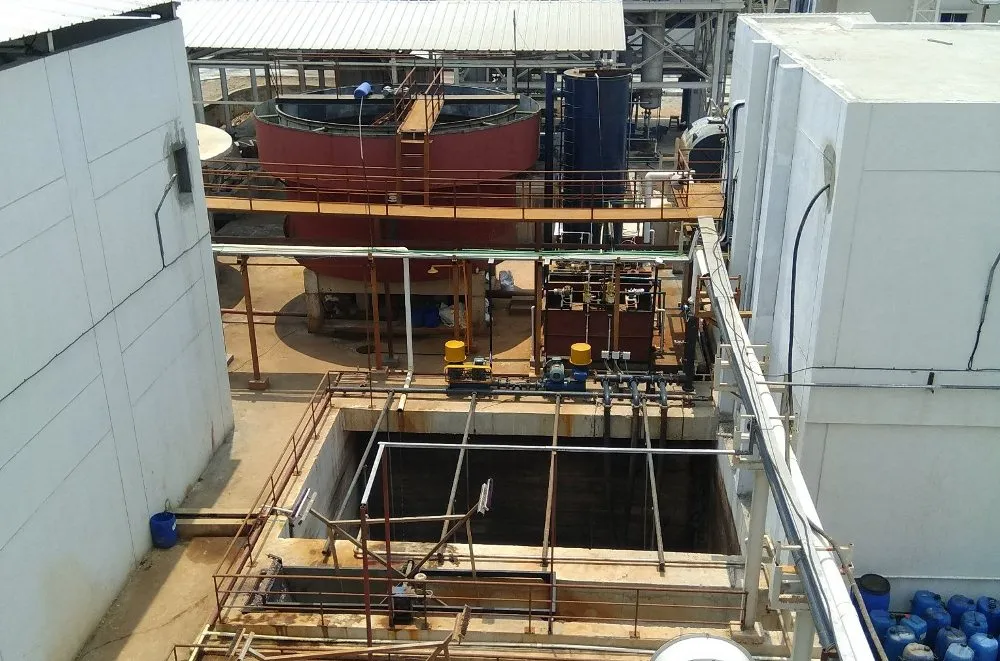Zero Liquid Discharge Plant for Hospitals
A Zero Liquid Discharge (ZLD) plant for hospitals is a wastewater treatment system designed to eliminate the discharge of liquid waste from the hospital facility, ensuring that no wastewater or effluent is released into the environment. ZLD systems are environmentally friendly and help hospitals meet stringent regulatory requirements for wastewater management. Here are some key components and considerations for implementing a ZLD plant in a hospital setting:
Wastewater Collection: Hospitals generate various types of wastewater, including sewage, medical wastewater, and pharmaceutical waste. The first step is to collect and segregate these different streams to ensure proper treatment.
Pre-treatment: The collected wastewater is subjected to pre-treatment processes to remove coarse solids, oils, and greases. This step is essential to protect downstream equipment and prevent clogging.
Biological Treatment: Depending on the nature of the wastewater, biological treatment methods such as aerobic or anaerobic digestion may be employed to break down organic matter. This step can significantly reduce the organic load in the wastewater.
Advanced Filtration: ZLD systems typically incorporate advanced filtration techniques, including ultrafiltration (UF) and reverse osmosis (RO), to remove dissolved solids, ions, and contaminants from the wastewater. RO, in particular, is crucial for achieving zero liquid discharge by producing highly purified water.
Evaporation and Crystallization: The concentrated brine or reject water from the RO system is often subjected to evaporation and crystallization processes. These processes remove the remaining water content and yield solid salts, which can be disposed of or potentially reused.
Brine Management: Proper management of the brine or solid waste generated during the ZLD process is critical. Some hospitals may explore options for recycling or repurposing the solid waste, while others may need to dispose of it in accordance with local regulations.
Energy Efficiency: ZLD systems can be energy-intensive, so optimizing energy usage through the integration of energy-efficient technologies and heat recovery systems is essential to reduce operational costs.
Monitoring and Control: Implementing a robust monitoring and control system is crucial to ensure the ZLD plant operates efficiently and within regulatory limits. This includes real-time monitoring of water quality, flow rates, and system performance.
Compliance: Hospitals must adhere to local, state, and federal regulations regarding wastewater discharge and environmental protection. Compliance with these regulations is a fundamental aspect of operating a ZLD system.
Cost Considerations: ZLD systems can be expensive to install and operate. Hospitals need to carefully assess the cost-benefit analysis, taking into account potential savings, environmental benefits, and compliance requirements.
Implementing a ZLD plant in a hospital setting requires careful planning, engineering expertise, and ongoing maintenance to ensure its effective operation. While it may be a significant investment, it can help hospitals minimize their environmental impact and reduce the risk of regulatory violations related to wastewater discharge. Additionally, it can contribute to sustainability and responsible resource management in the healthcare sector.

